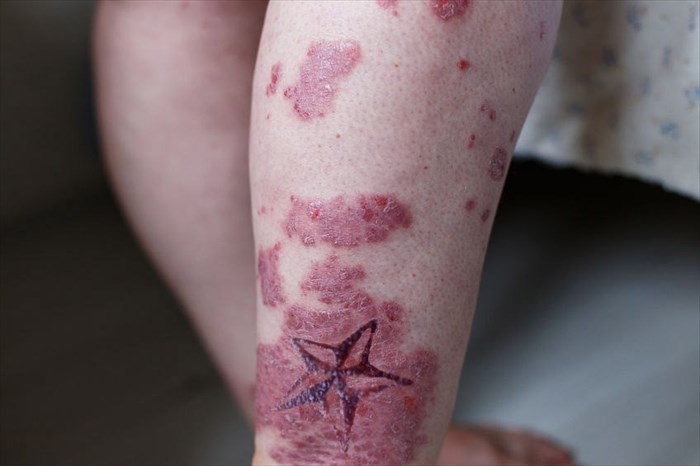Japanese tattoo art is known for imagery that carries personal meaning for those who wear it. This article delves into some iconic symbols and their interpretations.

One such symbol is Kasa-bake. It vividly demonstrates Japanese values and ideals. Shintoism believes that objects accumulate ‘kami,’ spirit, over time.
Snake
In Japanese tattoo culture, snakes are a famous symbol. They often denote transformation, fertility, protection, and healing. They are also connected to life cycle changes and well-being.
Unlike Christian beliefs that link snakes to evil, snakes in Japan are seen positively. They are associated with wisdom, luck, and longevity.
The snake’s well-known practice of shedding its skin makes it a symbol of immortality in Japanese tattoos.
In addition, snakes have been long linked to Amaterasu-O Mikami. A snake tattoo is an excellent way to show respect for this powerful goddess.
Crane
Cranes are birds with deep symbolic meaning in Japanese culture. They symbolize luck, longevity, wisdom, and faithfulness.
When choosing a tattoo design, considering its symbolism and meanings is essential. This can be achieved through simple designs or more intricate artwork.
Cranes in flight often symbolize faithfulness and devotion. This is particularly true when two cranes are shown together. This imagery is an excellent keepsake idea for couples or those devoted to each other.
Cranes are associated with beauty and youth. This comes from their lovely white feathers and graceful mating dances that resemble ballet.
Phoenix
The PhoenixPhoenix is a symbol of renewal. It represents new beginnings, particularly when overcoming past disappointments or trauma is challenging.
This mythical creature is familiar in Japanese tattoos. It serves as a reminder to renew oneself with strength and patience.
A phoenix tattoo often signifies personal growth or past difficulties. This bird also represents divine intervention.
In Chinese culture, the PhoenixPhoenix is connected to Yin and Yang. These elements contribute to a harmonious life.
Demon
Demon tattoos often represent an individual’s darker side. They may indicate a tendency towards dangerous pursuits or serve as a reminder of past struggles such as alcoholism or criminal behavior.
Although demon tattoos usually carry negative connotations, they also have positive aspects. These aspects make the tattoos attractive to those who want an eye-catching piece without stigmatization. Demon tattoos can represent human nature and self-discipline, offering potential benefits to those striving to overcome weaknesses.
Demons are iconic and symbolic in Japanese tattoo culture. They signify an individual’s fight against darker impulses and beliefs or convictions. Additionally, demon tattoos can remind one to face challenges and stand firm in their thoughts.

